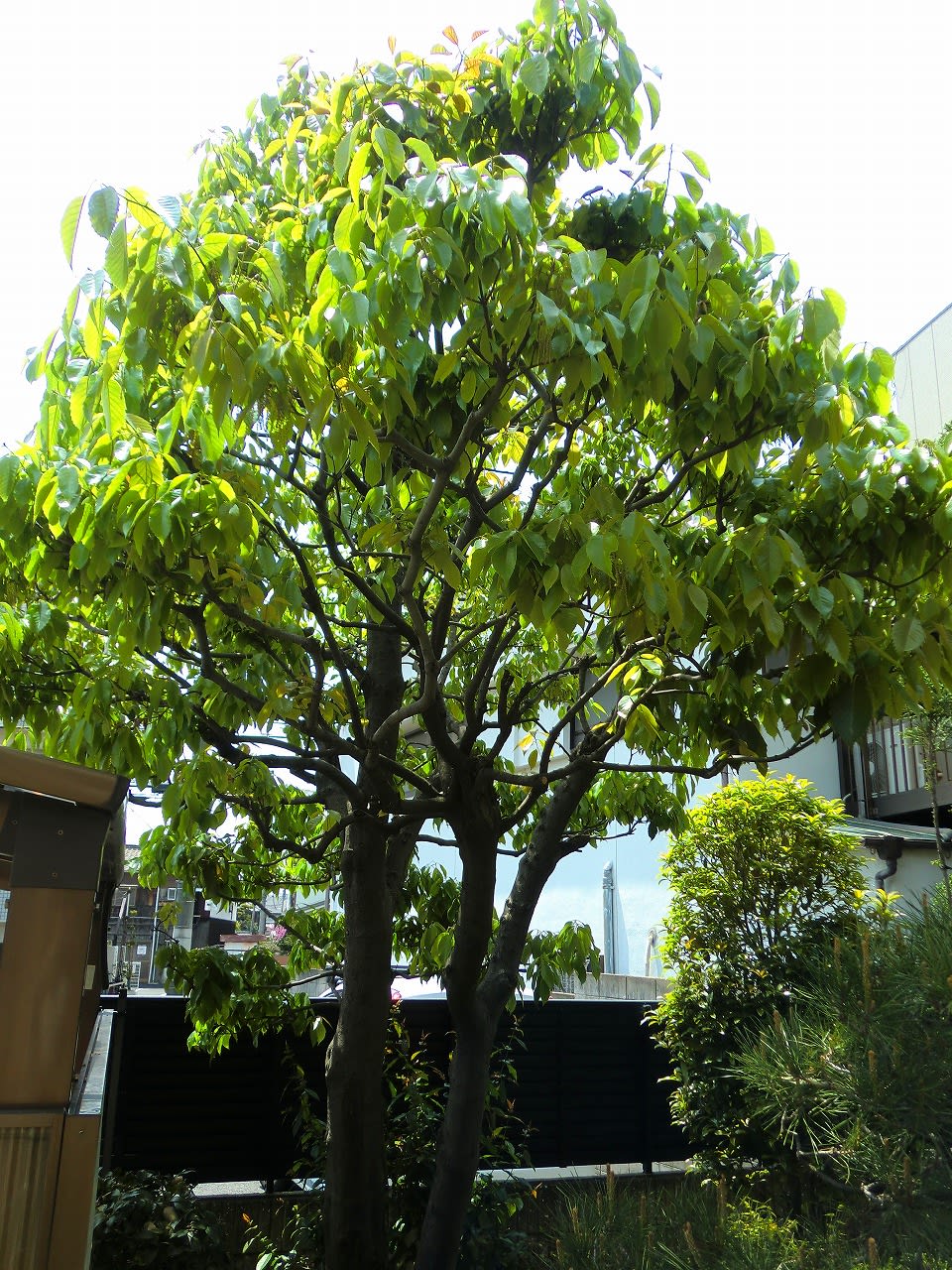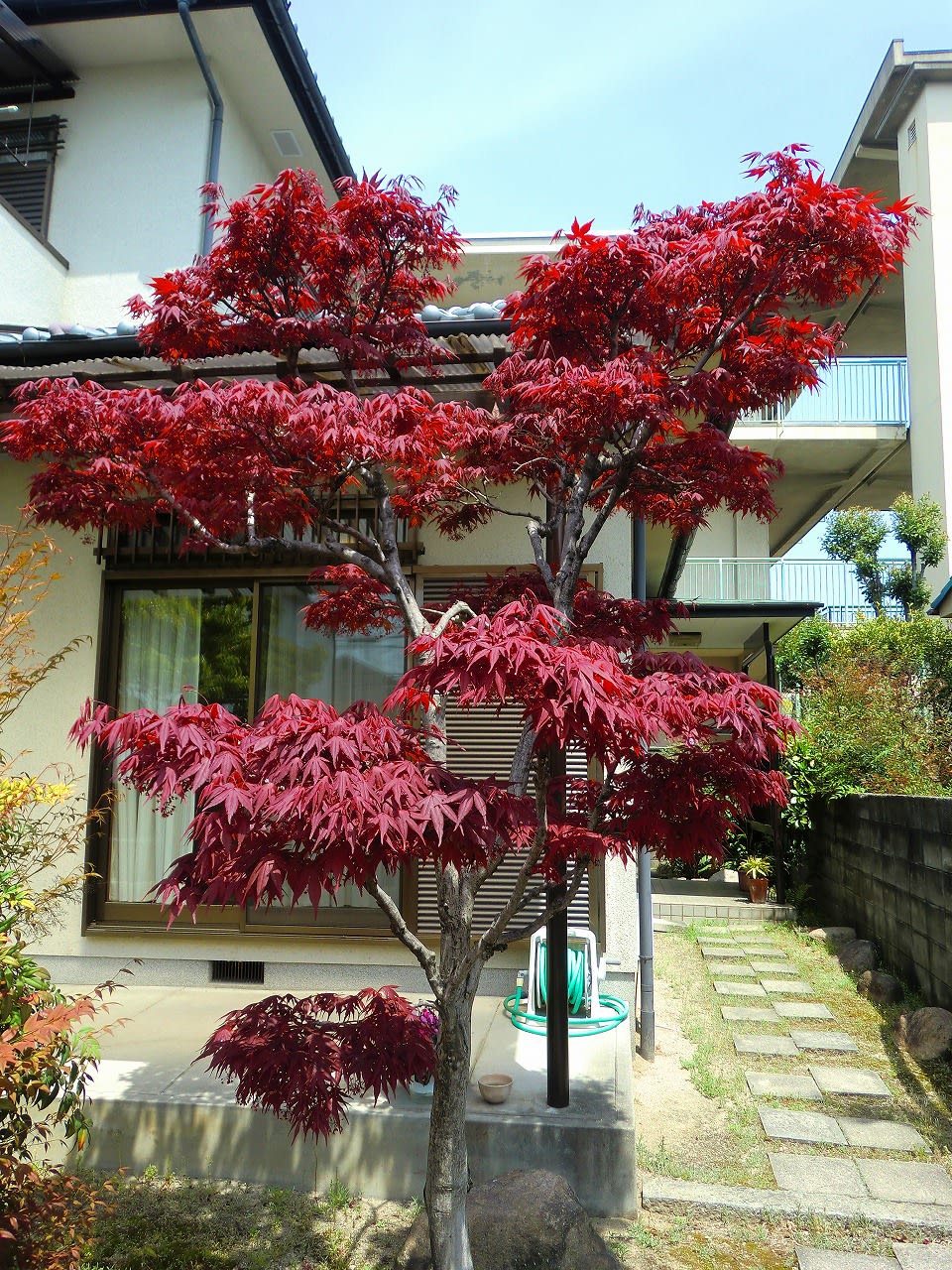The U.S. stepped up demand that Syria halt its crackdown but refused to question Assad's legitimacy. U.S. official said Washington has began drawing up targeted sanctions against Assad and his inner circle and is conferring with European countries and the United Nations about options for Syria. (The Japan Times Apr 28, 2011)
これは中東に広がる民主化の広がりの中で、シリアにおけるアサド大統領側の民主化運動側へ攻撃に対してアメリカが西欧各国とその対応を模索している記事の一部です。
ここでthat節の中でSyria haltとhaltにsがつていない原形となっていますが、これはthat以下が修飾する名詞demandに「強い必要性=should」を内包しているからです。 that節の動詞は単数・複数、時制に関わらず原形となる。 これはshouldを補って読んでみると解りやすい
 いわゆる「仮定法現在」の形です。
いわゆる「仮定法現在」の形です。
頻繁に出てくる形は次の動詞または形容詞が使われるた後に続くThat以の節でこの形をとります

The president suggested(proposed, requested, advised, insisted, demanded) that the secertary (should)type the report.
It was essential(vital, crucial, imperative) that the secertary (should)type the report.
但し、上記の動詞または形容詞に限らずその意味に「強い必要性」が内在されている時はこの形をとります。
同日のEditorialに菅首相に対する党内からの批判についての記事がありました。
Some DPJ members will heighten their call that he take responsibility for the elecion losses.

















 。
。

















